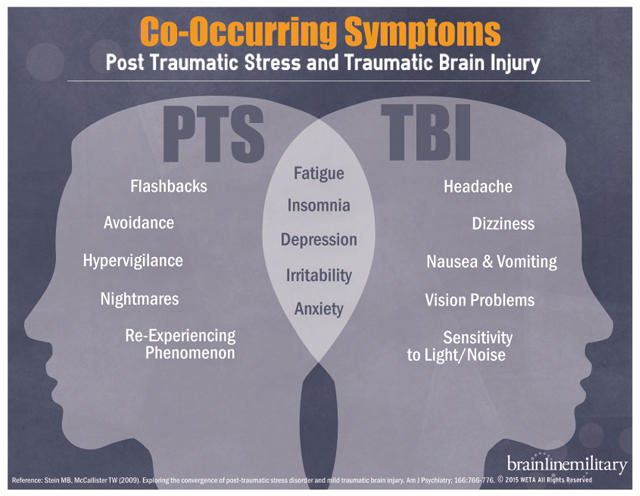
These events can be defined as experiences that evoke feelings of intense horror, fear or helplessness in many cases, these are experiences that put you or someone very close to you at risk of harm or death.Īt their core, traumatic events are those that reshape the way you perceive the world around you. The National Council for Behavioral Health reports that about 70 percent of adults in the United States, or roughly 223 million people, have experienced at least one traumatic event in their lives. If you’ve experienced an extremely disturbing or stressful event that made you feel helpless or very fearful, then you may have a trauma disorder.
SIGNS OF TRAUMA HOW TO
How to Know if You Have Trauma or Something Else.Recognizing Trauma Signs and Symptoms in Others.Will Insurance Cover Behavioral Treatment?.Beacon Health / Value Options Insurance.Rehab Success Rate – Does It Really Work?.Learn more here: Shatterproof FHE Health (First Responders) Read more about PTSD here on the Mental Health Foundation website.ĪCC funds support following sexual abuse or assault, in your time, on your terms. It’s quite possible to experience PTSD along with depression or anxiety. Many symptoms of depression and anxiety overlap with the symptoms of PTSD. For example, in both PTSD and depression, you may have trouble sleeping or keeping your mind focused, lose pleasure or interest in things you used to enjoy, drink more alcohol or take more drugs, and avoid other people. If your reactions don't go away and these feelings are disrupting your life, you may have PTSD. Most people have some stress-related reactions after a traumatic event, but not everyone gets PTSD. You may feel very afraid and that you have no control over what is happening around you. natural disasters, like a fire, tornado, hurricane, flood, or earthquakeĭuring a traumatic event, you may think that that your life or others' lives are in danger.sexual, emotional or physical abuse as a child.Some examples of t raumatic events include: Post Traumatic Stress Disorder (PTSD) can occur after you have been through a traumatic event, that is, something terrible and scary that you have seen or that happens to you. It can also occur if you learn that the traumatic event occurred to someone close to you. They can begin to get in the way of your daily life, and may lead to depression or anxiety. Many of these feelings are a normal part of grieving and recovering from any trauma, but sometimes these feelings go on for a long time (more than a few weeks). physical symptoms such as unexplained aches and pains, nausea, extreme tiredness or loss of energy.not socialising, staying away from people, strained personal relationships.distress when something reminds you of the event.repeating memories or bad dreams about the event.mood changes such as irritability, anxiety, tension, negativity, gloom and disinterest.changing emotions such as shock, denial, guilt or self-blame.Whether you are personally involved in or witness, a traumatic incident, have whānau or friends who are injured or killed, are a rescue worker, or even if you learn about the event through the news, you might experience some sort of emotional response.



On-going trauma can result from relentless stressful events, such as childhood sexual, emotional or physical abuse or living in a crime-ridden neighbourhood where you never feel safe. A one-off event would be something like an accident, natural disaster, or an attack. Emotional and psychological trauma can be caused by both one-off and ongoing events.


 0 kommentar(er)
0 kommentar(er)
